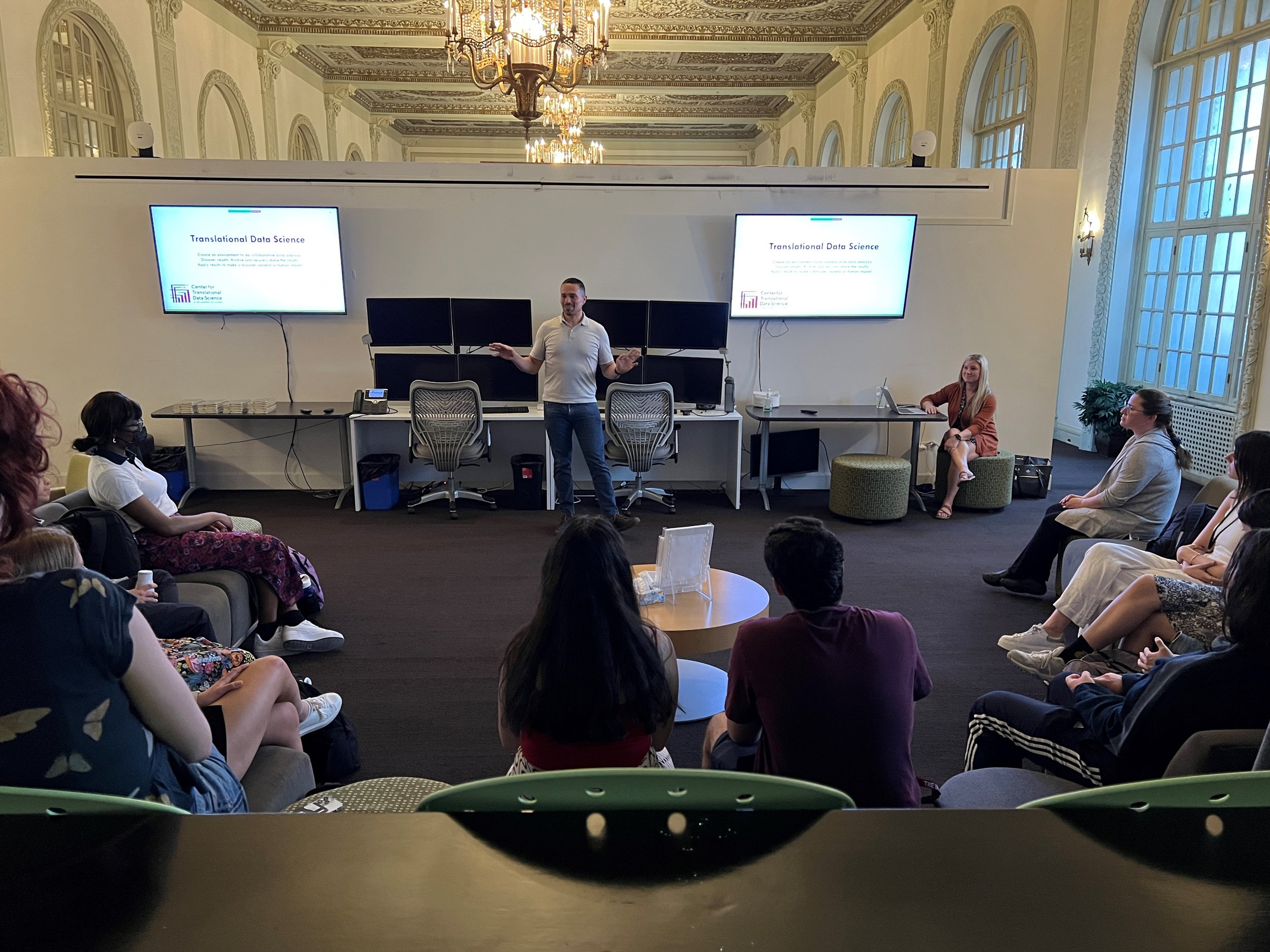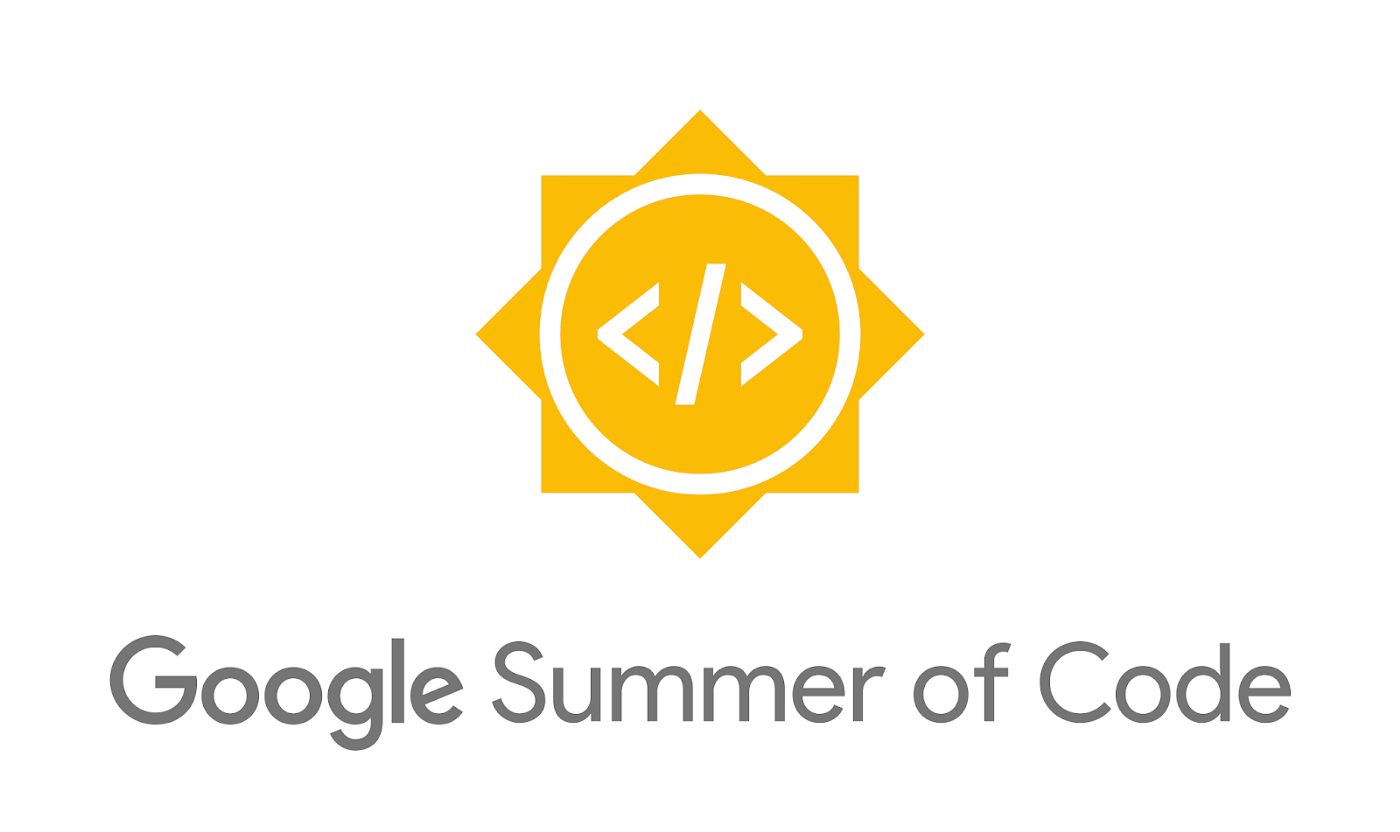The HEAL Data Platform (HDP), open to all interested researchers, allows users to search for and discover datasets generated under the NIH Helping to End Addiction Long-term (HEAL) Initiative. The HDP enables data to be accessed from a central location, and analyzed in cloud-based workspaces that support commonly-used data management and analytic software such Stata (through a shared license), R, and Python packages such as Pandas.
CTDS hosted a free, online, hands-on workshop on May 16th to provide a general overview of the HEAL Data Platform’s workspaces, including a detailed demonstration of how to access and analyze data. Interested researchers may request access to HEAL workspaces by visiting https://healdata.org/portal/workspace and completing the request form. Note you’ll need to continue logging in to the Platform the same way (e.g., via InCommon, Google or ORCID) once your access is approved.









